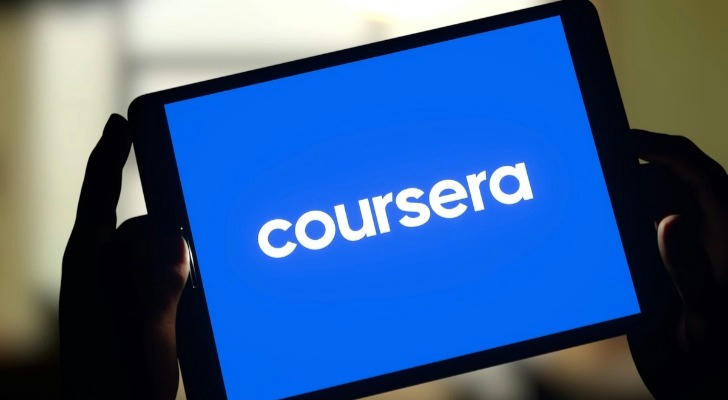Master the digital key: Unlock the potential of online learning
Online learning has become the new frontier for acquiring knowledge. It not only breaks the boundaries of geography and time, but also opens the door to a new world for learners around the world. But in this era of information overload, how to filter out truly valuable content from a huge amount of online resources and turn it into learning results has become a challenge. This article will explore in depth how to significantly improve your learning outcomes by strategically selecting online platforms, developing goal-oriented learning plans, and using efficient learning techniques.

Selected online learning platforms
In-depth analysis of the three major platforms:
Coursera: Partners with top universities around the world to provide a wide range of courses from business management to computer science. Its courses are not only of high quality but also highly flexible, but some professional certifications may require additional fees.
edX: Comparable to Coursera, edX also offers courses from world-renowned universities. It focuses more on the depth and structure of courses, suitable for learners who want to further their studies in specific fields.
Khan Academy: Known for its free, high-quality basic education resources, it is particularly suitable for learners who need to strengthen their foundation in mathematics and science.
Selection criteria:
Content Authority: give priority to courses provided by well-known educational institutions or industry experts to ensure that the learning content is cutting-edge and practical.
User Experience: an intuitive, user-friendly interface can greatly enhance the learning experience and make the learning process smoother.
Learning Support: high-quality platforms will provide rich learning support, such as interactive forums, professional coaching and technical support, which are important considerations when choosing.

Real-World Case Analysis:
Michael Career Transition: As an IT professional,Michael not only mastered key data analysis skills through the "Machine Learning" course on Coursera but also successfully transitioned to a data analyst within six months. His secret to learning? Consistent one-hour focused study sessions daily and active participation in course forums to exchange insights with peers.

Developing a Personalized Study Plan
Clear learning goals:
Specific and Measurable: set specific and measurable learning goals, such as "complete the introductory Python programming course within three months."
Combining Short-Term and Long-Term Goals: divide learning goals into short-term and long-term. The short-term goal can be to complete a module per week, and the long-term goal is to be able to complete a small project independently at the end of the entire learning cycle.
Clear learning goals:
Specific and Measurable: set specific and measurable learning goals, such as "complete the introductory Python programming course within three months."
Combining Short-Term and Long-Term Goals: divide learning goals into short-term and long-term. The short-term goal can be to complete a module per week, and the long-term goal is to be able to complete a small project independently at the end of the entire learning cycle.
Implementation details:
Time Management: Make a detailed schedule, such as learning new content from 8 to 9 p.m. every Monday, Wednesday, and Friday, and reviewing and practicing on Tuesday and Thursday.
Resource Selection: Select the most appropriate learning resources based on learning goals. For example, if the goal is to improve spoken English, you can give priority to courses that include interactive dialogue exercises.

The Auxiliary Role of Technological Tools
Application of Learning Management Tools:
Organization and Recording: Use tools such as Notion or Evernote to create structured learning notes and task lists to ensure the systematic and organized nature of learning content.
Collaboration and Sharing: Through the collaborative functions of these tools, share learning resources and progress with classmates or study groups to enhance learning interactivity.
Overcoming Learning Challenges
Self-Discipline and Motivation:
Specific Plans: Make a detailed daily study plan and use calendar tools such as Google Calendar to set reminders to ensure that learning tasks are completed on time.
Reward Mechanism: Set rewards for yourself, such as rewarding yourself with a period of leisure time or a small gift every time you complete a learning module to maintain your enthusiasm for learning.
Solving Technical Issues:
Technical Support: When you encounter technical problems, consult the user guide or contact customer support in time to solve the problem quickly.
Data Backup: Back up your learning materials and progress regularly to avoid the impact of data loss.
With these strategies, you can use online resources more effectively and improve your learning results. Remember, learning is a continuous process. Finding a method that suits you and sticking to it is the key to success.
